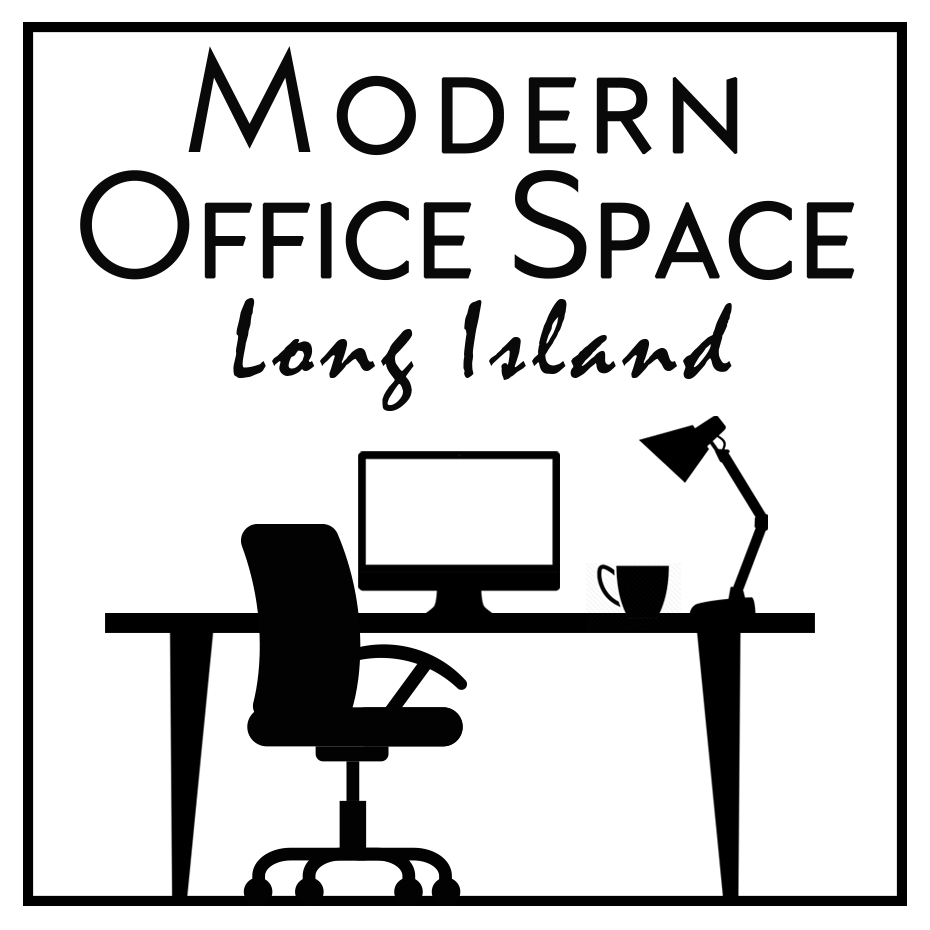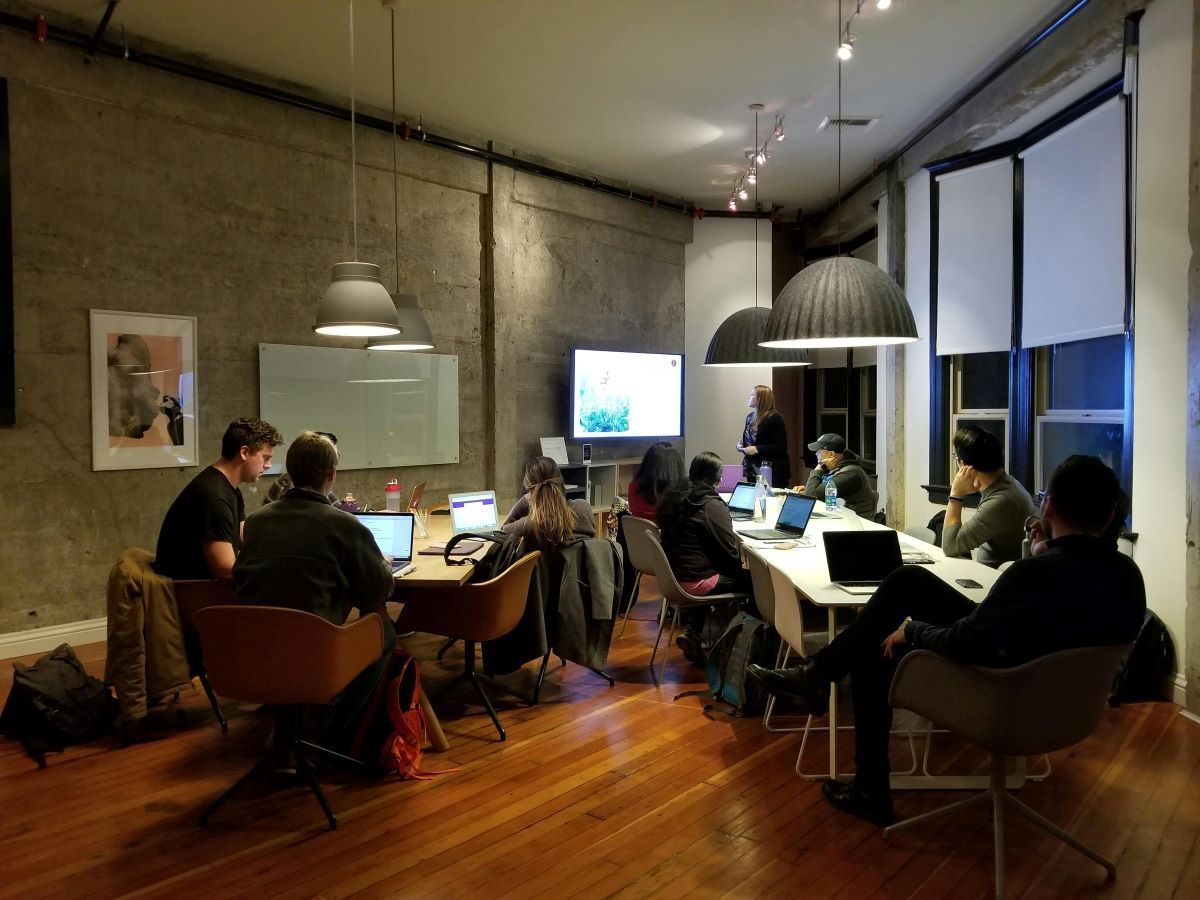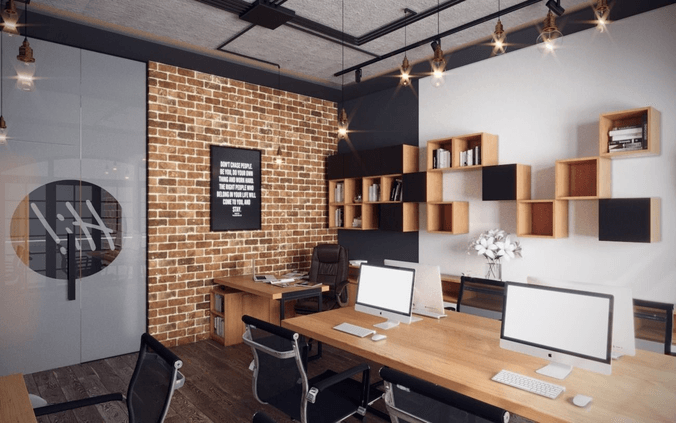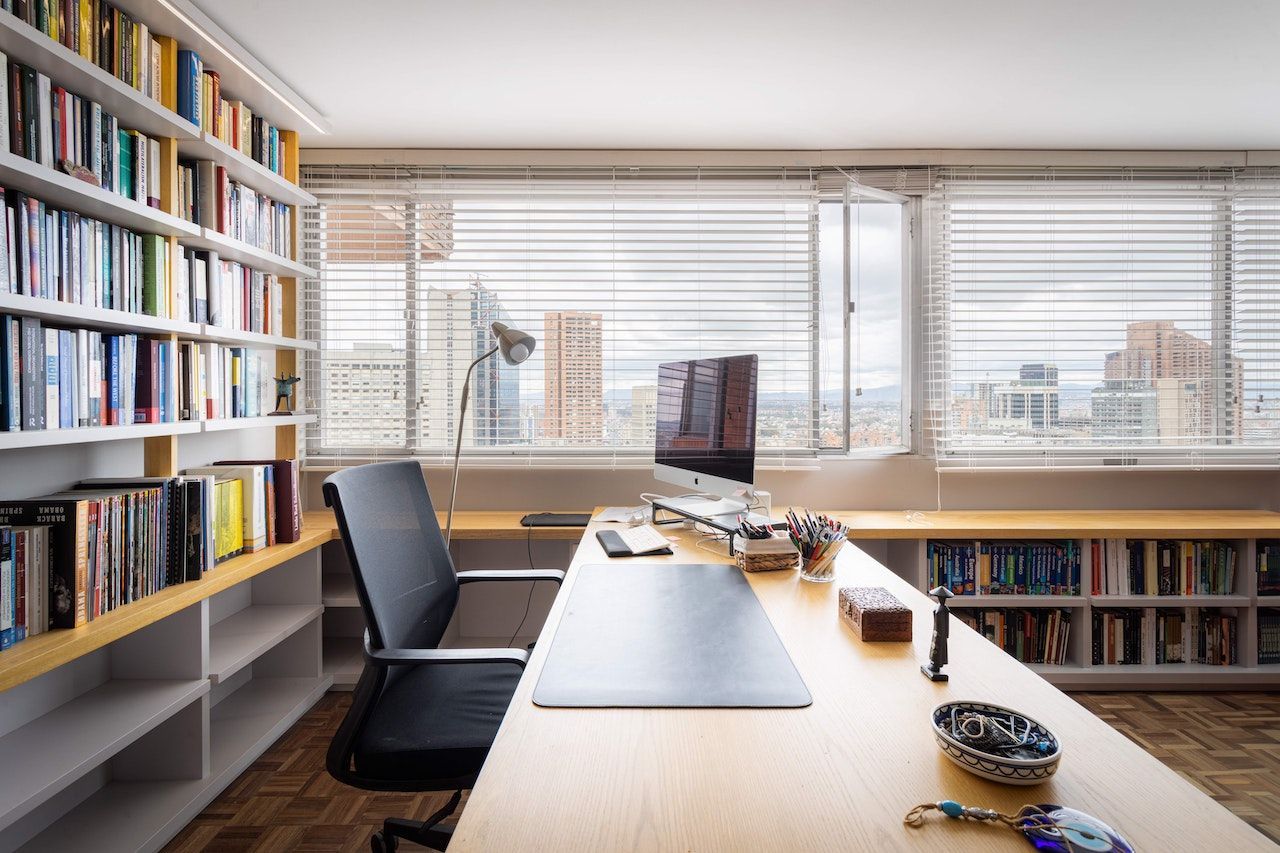Common Mistakes When Adapting to a New Office
Learn about common mistakes that most of us make when adapting to a new office and how to avoid them for a smooth transition.

Adapting to a new office environment can be challenging. It requires more than simply finding your desk and getting to work. Settling in and adjusting is crucial for your success and happiness in the workplace. Adapting to a new place involves understanding office culture, communication methods, and personal boundaries. Failing to avoid common mistakes can hinder your performance and leave you feeling disconnected. This article explores these mistakes and offers advice on how to prevent them.
Understanding Office Culture
One of the first challenges when adapting to a new office is understanding the office culture. Every office has its own set of values, traditions, and expectations. These elements shape how people interact, communicate, and collaborate. For example, some offices value formal communication, while others are more casual. By failing to recognize these differences, you may unintentionally upset coworkers or miss opportunities for collaboration.
Observing team dynamics and adapting to the culture early on is important. Pay attention to how colleagues interact with each other, both formally and informally.
In short, understanding the culture is key to feeling comfortable and building strong relationships.
Understanding the Organizational Structure
Another key aspect of adapting to a new office is understanding the organizational structure. Who do you report to? Who are the decision-makers? Knowing who to turn to for guidance or approval is essential for avoiding confusion,
but ignoring the reporting lines can lead to miscommunication and delays. In a new office, getting lost in the hierarchy is easy, especially if the structure is complex. Observing and asking questions early on can ensure you know who handles what and where your role fits in.
With this in mind, take the time to familiarize yourself with the key people in the office and the processes in place.
Optimizing Your Physical Workspace
Your physical workspace plays a major role in how well you adapt. A cluttered or uncomfortable space can negatively affect your productivity and mood.
Organizing your desk and making it functional is essential. Ensure that everything you need is within reach and that your workspace is free from distractions.
Besides, if your office offers shared spaces, like kitchens or printers, get to know their locations and functions. These spaces are often critical to daily tasks. Not paying attention to the setup and not optimizing your workspace could lead to unnecessary frustration.
Adapting to a New Office: Making the Most of Limited Space in a New Office
Managing space effectively is one of the biggest challenges when setting up or expanding an office, especially in a crowded and expensive city like New York.
With limited square footage, even a modest amount of equipment, inventory, or paperwork can quickly make your workspace feel cluttered and disorganized. This lack of space can hinder productivity, create a stressful environment, and make it difficult to scale your operations.
One practical solution is to secure extra space for your business by renting commercial storage in NYC. Commercial storage offers a flexible and cost-effective way to free up valuable office space without sacrificing access to essential materials. Whether you need to store documents, seasonal inventory, or equipment, utilizing off-site storage allows you to keep your office tidy, functional, and ready for growth.
In a fast-paced city like NYC, where office space is limited and expensive, having access to external storage can be a game-changer for businesses that want to stay organized and efficient.
Mastering Communication Tools
The next mistake many employees make is not fully understanding the communication tools used in the office. Whether it’s email, chat apps, or project management tools,
knowing how to use them effectively is vital. Misunderstandings can occur if you don’t know which platform to use for certain communication or if you misuse a tool. For example, using a casual chat app for formal updates can send the wrong message.
As an illustration, mastering these tools ensures that your communication remains clear and professional. Also, keep in mind the office's preferences for communication styles. Some offices prefer quick messages, while others prefer detailed emails.
In short, effective communication is crucial for success.
Asking Questions and Seeking Help
Another common mistake when adapting to a new office is not asking questions or seeking help when needed. It's easy to feel like you should know everything, especially in the early days. However, failing to ask for clarification can lead to confusion or mistakes.
Not to mention, it can also make you feel isolated. No one expects you to know everything immediately, and asking questions is a good way to show you are engaged and willing to learn. Reach out to colleagues when you need help, and don’t hesitate to ask about processes, expectations, or office norms.
Besides, asking questions helps you build relationships with your coworkers, making it easier to integrate into the team.
Building Relationships with Colleagues
Building relationships is an essential part of adapting to a new office. Being a part of a team means engaging with your colleagues beyond completing tasks. You’ll need to interact with others to share ideas, ask for feedback, and collaborate. Failing to connect with others can leave you feeling isolated and disconnected from the team.
Hence, try to meet new people, attend team events, and show genuine interest in your coworkers. Small conversations and informal interactions go a long way in helping you feel more at home in your new office.
Maintaining Work-Life Balance
Another mistake many people make is mismanaging their work-life balance when adjusting to a new office. It’s tempting to overwork yourself in an attempt to impress your new colleagues or boss. However, this can quickly lead to burnout.
Another key point is recognizing when you need a break and learning to manage your time effectively. Overworking in the early days may not help you adapt faster, and it can harm your well-being. Setting clear boundaries between
work and personal time enables you to maintain a healthy balance and ensures long-term success in the office.
In contrast, ignoring these boundaries can lead to unnecessary stress and fatigue.
Embracing the Learning Curve
A major mistake that often goes unnoticed when adapting to a new office is not embracing the learning curve.
Of course, there is always a period of adjustment when you join a new office. New processes, systems, and tools take time to learn. Expecting to master everything instantly is unrealistic and can
lead to unnecessary stress. Embrace mistakes as part of the learning process.
Similarly, approach new tasks with an open mind and patience. Remember, everyone was new at some point, and giving yourself time to learn will make the transition smoother.
Navigating the Transition to Your New Office
Adapting to a new office is not just about learning new tasks but also about understanding the culture, communication style, and workspace dynamics. You can integrate smoothly into your new environment by avoiding the common mistakes discussed. Recognizing the importance of asking questions, building relationships, and managing your work-life balance will lead to greater success and satisfaction in the long run.
Hence, stay proactive in learning about your new office and take the necessary steps to ensure a smooth transition. Adaptation may take time, but you’ll thrive in your new office with the right mindset and approach.










